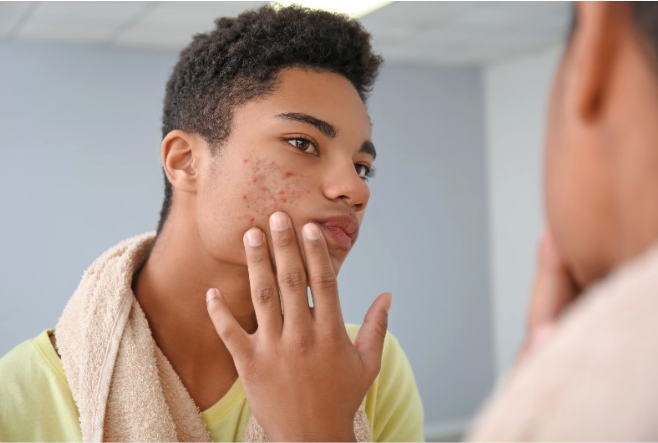Accutane, also known as isotretinoin, has been hailed as a revolutionary treatment for severe acne. While its effectiveness is well-documented, there have been concerns about its potential impact on various bodily systems, including the meibomian glands, which play a crucial role in maintaining eye health and comfort. In this blog, we’ll delve into the effects of Accutane on meibomian glands and explore ways to mitigate potential discomfort.
Meibomian glands are tiny oil-producing structures located in the eyelids. They secrete an essential component of the tear film, which helps prevent evaporation and maintains stable tear quality. Dysfunction of these glands can lead to a condition known as meibomian gland dysfunction (MGD), resulting in dry, irritated, and inflamed eyes.
Research suggests that Accutane may affect the meibomian glands and potentially contribute to MGD. The exact mechanism is not fully understood, but it’s believed that the drug could alter the composition of the oils produced by these glands, leading to changes in tear film stability and evaporative dry eye.
Individuals who have taken Accutane might experience symptoms such as dryness, redness, irritation, a gritty sensation, and increased sensitivity to light. These symptoms can impact daily activities and quality of life, making it essential to address them effectively.
What to do if you are considering starting Accutane
Consultation with an Optometrist
If you’re concerned about the effects of Accutane on your meibomian glands, call our office and book an appointment at our office in Stoney Creek. Our optometrists can perform a comprehensive eye examination and assess the condition of your meibomian glands prior to starting Accutane treatment.
Lifestyle Adjustments
Maintaining good eyelid hygiene can help alleviate discomfort. Warm compresses and lid massages can promote healthy gland function and improve oil flow. Additionally, staying hydrated and using artificial tears can help keep your eyes moisturized.
Nutritional Support
Omega-3 fatty acids, found in foods like fatty fish, flaxseeds, and walnuts, have been linked to improved meomian gland health. Book an appointment with our optometrists to see which supplements would be beneficial for you prior to starting treatment.
Prescribed Treatments
Depending on the severity of your symptoms or the appearance of your glands, our optometrists might recommend specific treatments, such as lubricating eye drops, prescription medications, or in-office procedures like radiofrequency to allow for meibomian gland expression.
Eye Care Products
Using preservative-free artificial tears and ointments can provide relief for dry eyes. Look for products specifically designed to support meibomian gland function.
While Accutane has been a game-changer for many struggling with severe acne, its potential impact on meibomian glands underscores the importance of holistic care. If you’re experiencing dry eyes or other discomfort, seeking guidance from an eye care professional will help you navigate potential effects and find strategies to maintain optimal eye health. Remember, everyone’s experience is unique, and a personalized approach to managing these effects is essential.

